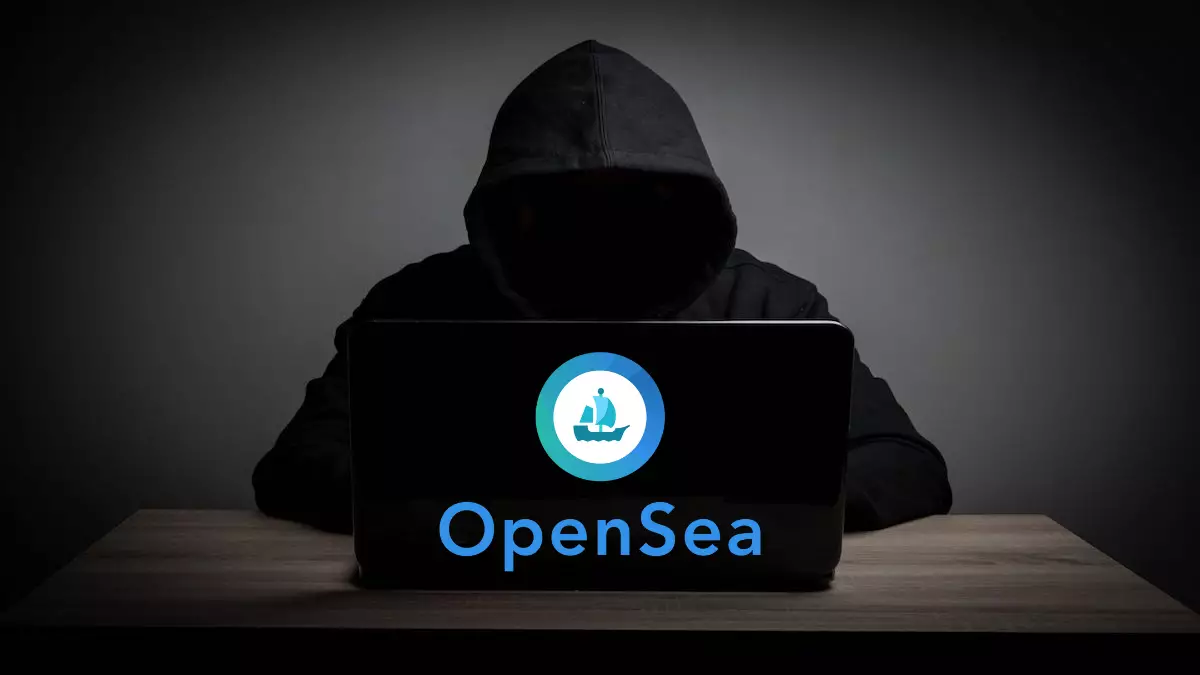OpenSea users are facing a relentless wave of phishing attacks that pose a significant threat to their personal information and digital assets. These attacks involve deceptive emails containing malicious links, targeting both developers and ordinary users of the OpenSea marketplace. While OpenSea maintains that their platform remains secure, the frequency and sophistication of these phishing attempts are deeply concerning. This article delves into the details of the ongoing attacks and highlights the need for improved cybersecurity measures within the NFT marketplace.
The phishing campaign against OpenSea users exploits various tactics to lure victims into clicking on malicious links. Impersonating representatives from the OpenSea marketplace, the attackers send out fake alerts and offers. One particularly alarming aspect is the direct targeting of developers, who have reported receiving phishing emails linked to their OpenSea API keys. Such targeted attacks raise serious concerns about the security of user data within the OpenSea ecosystem.
OpenSea has asserted that its platform has not been breached, urging users to exercise caution and avoid clicking on untrusted links. The company advises users to verify the authenticity of email senders, emphasizing that legitimate crypto firms never request sensitive personal information. Despite these assurances, OpenSea users are understandably confused and worried about the persistently high volume of phishing attacks. Reports have emerged of users receiving multiple scam emails on a daily basis, making it clear that the current cybersecurity measures are inadequate.
This is not the first time OpenSea has faced a phishing attack. In February 2022, the company confirmed a similar campaign originating outside its website and issued warnings about clicking on email links. Additionally, OpenSea recently experienced a security incident involving one of its third-party vendors, which led to the exposure of user information, including API keys. While it is uncertain if this incident directly contributed to the current phishing onslaught, it indicates a broader vulnerability within the platform’s security infrastructure.
The persistent and sophisticated nature of the phishing attacks targeting OpenSea users underscores the need for heightened cybersecurity vigilance within the NFT marketplace. Users must prioritize security measures such as verifying email authenticity and exercising caution when faced with unsolicited offers. OpenSea’s ongoing efforts to revamp its operations, particularly in light of its recent staff reductions and the upcoming launch of OpenSea 2.0, will play a crucial role in safeguarding its community against similar threats in the future.
The Importance of Staying Informed
As the NFT industry continues to evolve, it is essential for both platforms and users to stay informed and proactive in their approach to cybersecurity. The safety and integrity of digital assets depend on comprehensive security measures and a collective commitment to combating phishing attacks. OpenSea’s commitment to enhancing security will be instrumental in building a resilient and trustworthy ecosystem for NFT enthusiasts.
The ongoing phishing attacks on OpenSea users highlight the urgent need for enhanced cybersecurity within the NFT marketplace. OpenSea must bolster its security infrastructure, fortify its defenses against phishing attempts, and prioritize the protection of user data and assets. Simultaneously, users should remain vigilant, employ robust security practices, and stay abreast of the evolving cybersecurity landscape. Only through a concerted effort from all stakeholders can OpenSea and similar platforms ensure the long-term safety and integrity of the digital asset market.

